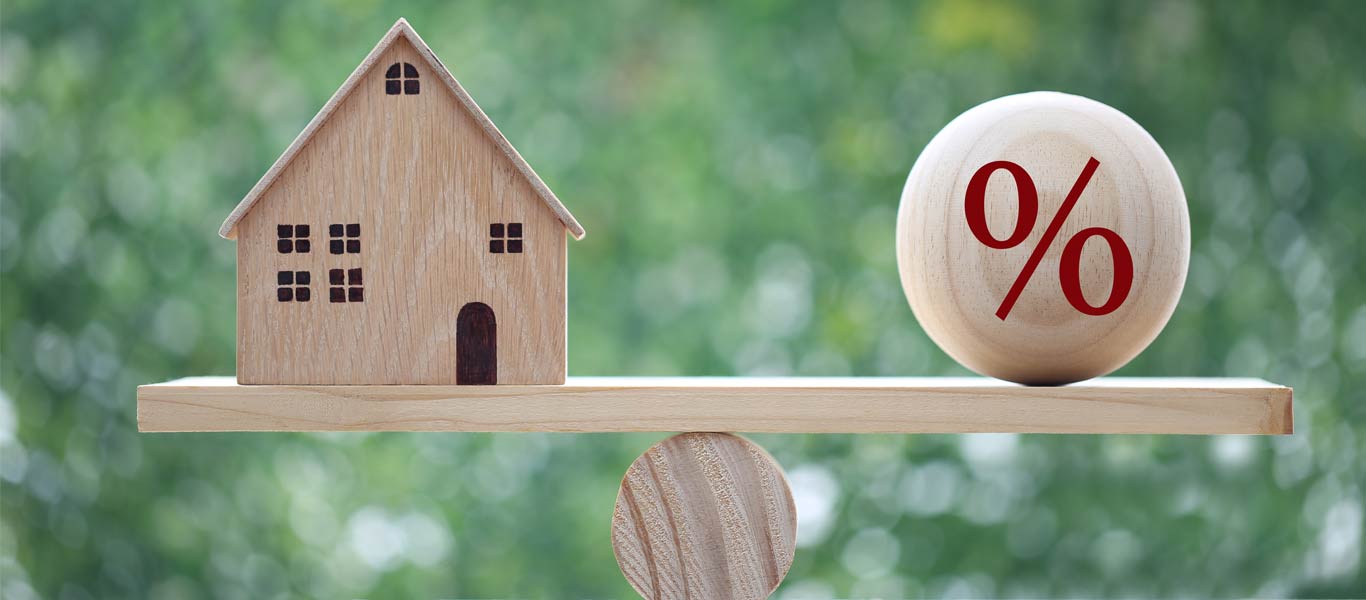Unlock Your Financial Flexibility with an Adjustable Rate Mortgage
When it comes to mortgages, there are two main options: fixed-rate and adjustable-rate. While fixed-rate mortgages are the most popular, adjustable-rate mortgages (ARMs) offer something different with their fluctuating interest rates. But before you decide if an ARM is right for you, it's important to understand the pros and cons.
Know Your Time Frame to Make Good Financial Decisions
If saving money in the short term is a priority, an ARM might be a good fit. But if long-term cost certainty matters more, consider a fixed-rate mortgage.
Make sure you fully understand the terms of your ARM, including when the rate will adjust and by how much. Plan your budget assuming the maximum possible payment you may have to make, not just the initial lower payment.

Pros of ARMs:
One of the biggest advantages of adjustable-rate mortgages is that they typically offer lower interest rates than fixed-rate mortgages, at least initially. This can make the monthly payments more affordable, freeing up more money for other expenses. ARMs also offer the potential for savings in the long run, as interest rates can go down over time.
Another benefit of ARMs is that they can be a good option for those who plan to move in the near future. Most ARMs have an initial fixed-rate period of 5, 7, or 10 years before the rate starts to adjust based on market conditions. If you plan to sell your home before the adjustment period begins, you can enjoy the low fixed-rate and avoid the risk of rising interest rates down the line.

Cons of ARMs:
One of the biggest drawbacks of adjustable-rate mortgages is the uncertainty that comes with fluctuating interest rates. While the initial rate may be lower than a fixed-rate mortgage, it can also rise dramatically in the future, making monthly payments more expensive. This unpredictability can lead to stress and financial strain on homeowners.
Adjustable-rate mortgages can be a good option for those who are looking for lower initial payments or plan to move in the near future. However, the potential for fluctuating interest rates makes them a riskier option than fixed-rate mortgages. Ultimately, it's important to carefully consider your financial situation and future plans before deciding which type of mortgage is right for you. Consult with a trusted banker to understand all the terms and conditions of any mortgage you may be interested in.
